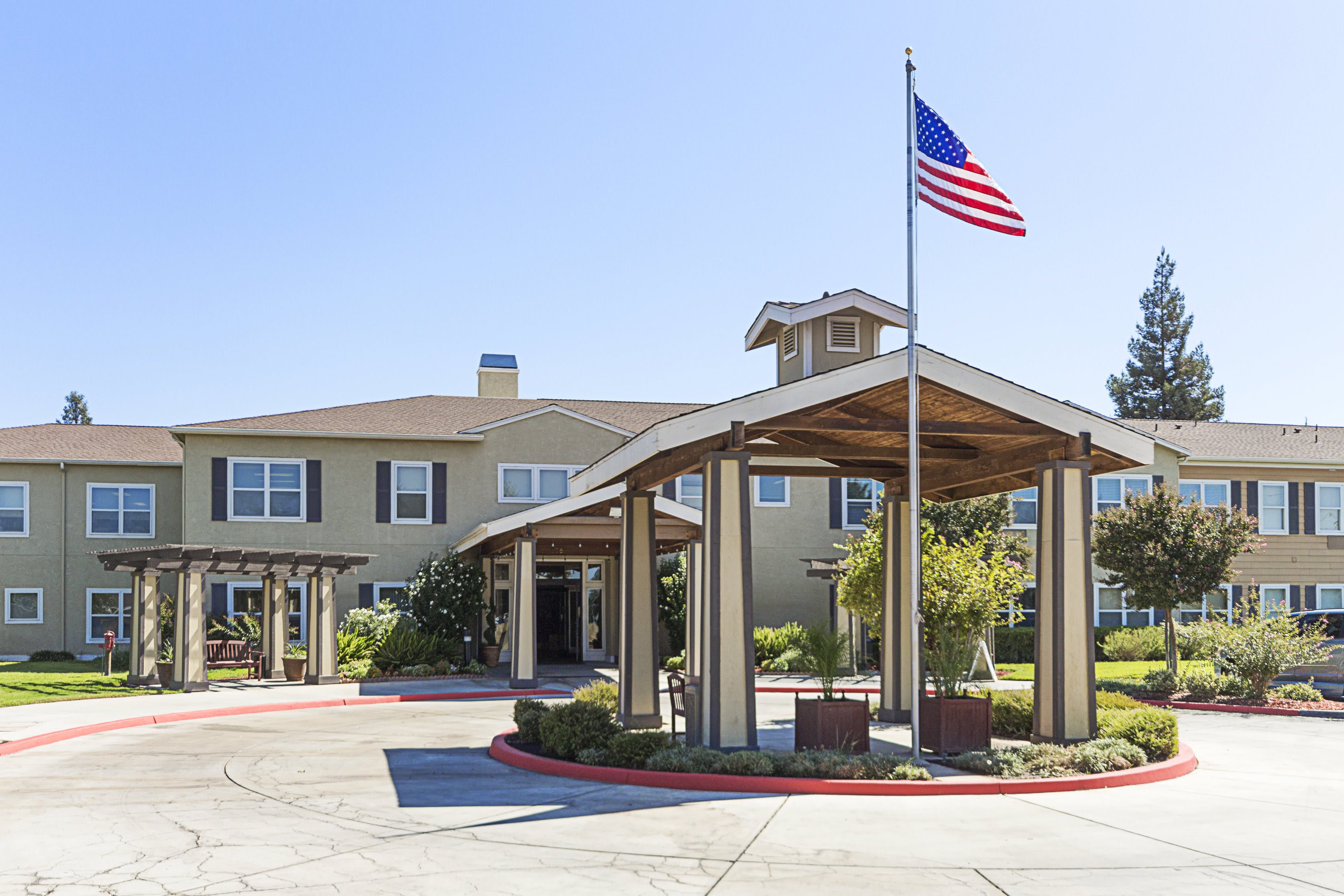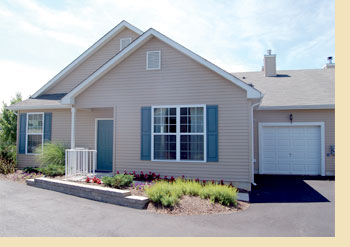
The management of geriatrics care is important for planning and organizing the care of the elderly as well as other people with impairments. This approach is focused on improving the quality of life for the patient and preserving independence. Here are 10 principles to guide your geriatric healthcare management. This article will provide a detailed explanation of these principles. It also describes the role of a geriatric manager and the costs for home geriatric healthcare.
10 principles of geriatric health care
Geriatrics care has as its primary objective the maintenance and promotion of independence and emotional stability among elderly patients. Due to changes in the body's physiology, the aging population may be at higher risk for heart disease and pneumonia. This means that proper care of geriatric patients requires the use of multidisciplinary teams. In addition, the biopsychosocial approach integrates the physical, social, and psychological factors that affect the elderly.
Multiple chronic conditions are common for the elderly. Treatment for one illness can affect another. This is why geriatric care is often interdisciplinary, involving many fields. A geriatric care manager will coordinate a multi-discipline approach to ensure the best possible diagnosis and treatment for each patient. Seniors will find them an invaluable resource due to their extensive training and years of experience as geriatric care managers.

Geriatric care is best if it's done in a multidisciplinary way
A multidisciplinary approach to geriatric care is crucial to the holistic care of aging individuals. The Interdisciplinary Team (or IDT) is a group of experts from different disciplines that work together to plan and deliver care. They share common goals and work together toward achieving them. A multidisciplinary team of professionals can collaborate in an IDT. IDTs offer many benefits. Learn more about these benefits.
The interprofessional team should be comprised of the following individuals: physician, nurse, registered dietitian, physical therapist, occupational therapist, pharmacist, and family members. So that communication can flow smoothly and plans are consistent across all members, it is essential to have input from everyone. Interprofessional rounds allow team members to raise concerns and ask questions. Interdisciplinary teams are crucial for patients in an ICU.
Costs for home geriatric healthcare
Geriatric homecare costs vary from one provider to another. The following map represents the average cost for 20 hours of care per day. More intensive programs, which require twenty hours of care each day, will be more expensive. Financial assistance may be available from certain providers to lower the cost. Before hiring a caregiver, you can ask about financial assistance. Read on to learn more about the costs of home geriatric care.
For seven hours of care, a typical home care agency charges a monthly fee of $713. But some agencies may charge more. One visit per day might be enough to provide the necessary care for an aging parent. For example, a two-hour check-in once a day may be enough for an independent senior to maintain a reasonably healthy lifestyle. A daily visit of 2 to 3 hours is possible for those who need more assistance.

Manager of geriatrics
It can be challenging to handle all of the responsibilities that come with aging as the population grows older. More seniors are faced with special health care needs. Your loved one's physical health and preferences will determine the best place to live. Care managers have extensive experience in this area and are familiar with the challenges of aging. Here are some reasons why a care manager who specializes in geriatrics might be the right choice for your loved one.
- Know the professionals and credentials of geriatric care managers. They should be credentialed in health care and/or social work. They should have knowledge about local health care and disabilities services. They should also be able answer questions beyond their field of expertise. Ask potential candidates questions about their experience and credentials when interviewing them. You should also establish a schedule.